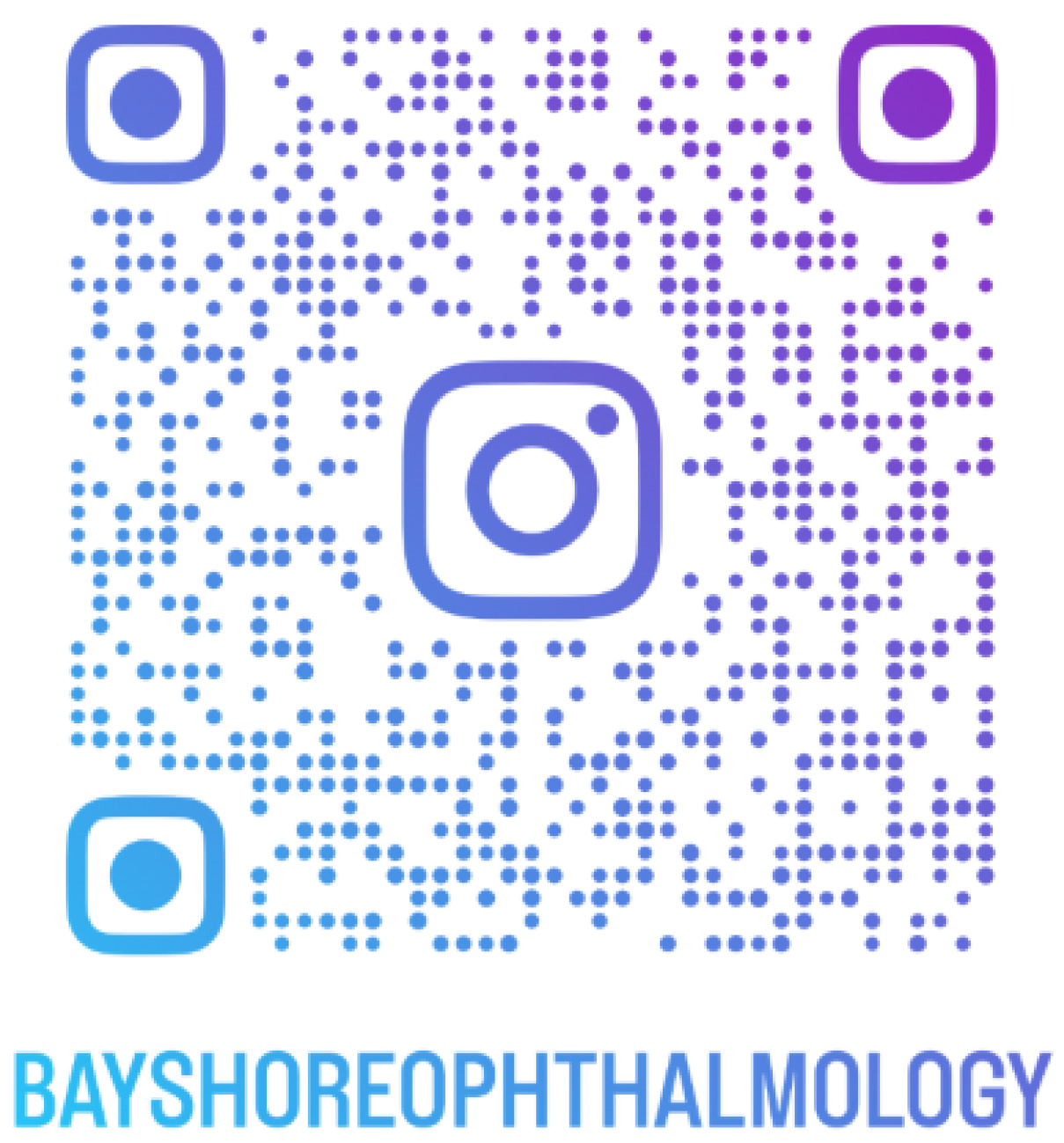People who are at risk for developing closed-angle glaucoma should have a laser iridotomy. Many common medications, including over-the-counter cold medication and sleeping pills (and any other medication that can dilate the pupil), should be avoided until after the laser procedure is completed. If one has an attack of angle closure glaucoma, the other eye is also at risk and may need treatment.
What happens during Laser Iridotomy?
Using a laser, a small hole is made in the iris to create a new pathway for the aqueous fluid to drain from the eye. The new drainage hole allows the iris to fall back into its normal position, restoring the balance between fluid entering and leaving your eye and lowering the eye pressure.
The surgery is performed by our ophthalmologist (Eye M.D.) on an outpatient basis, usually in his or her office. Your eye will be numbed with eyedrops. A contact lens is placed on your eye to serve as a precise guide for the laser. A hole about the size of a pinhead is made in your iris, and will be concealed from view by your upper eyelid. The actual procedure will only take a few minutes. You should plan to have someone drive you home afterwards.
Are there any risks involved?
Complications following laser iridotomy are uncommon, however, some patients may experience some side effects, including:
- Blurred vision;
- Minor bleeding;
- Light image or streak;
- Need for re-treatment or a different type of treatment;
- Inflammation.
The risks and side effects of glaucoma treatment are always balanced with the greater risk of leaving untreated.

